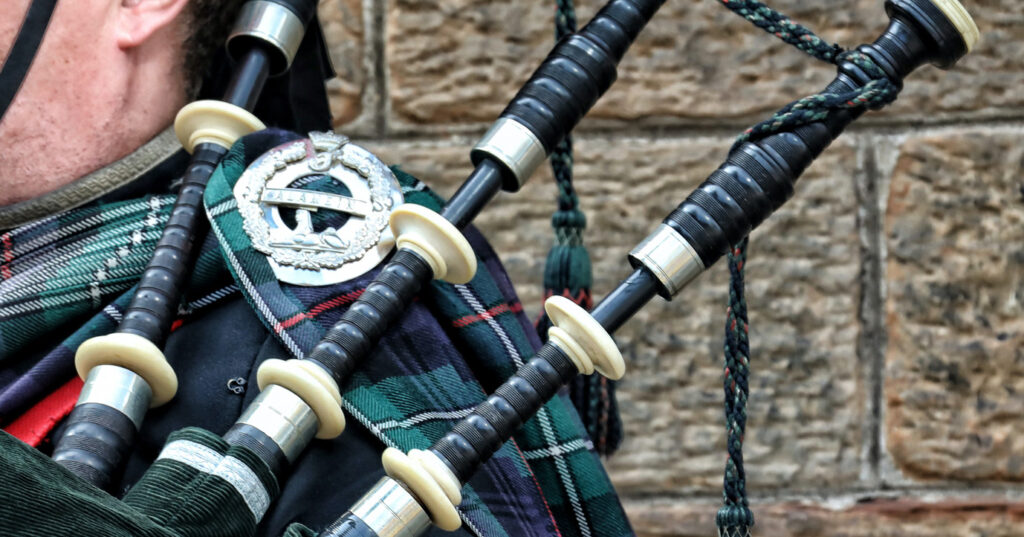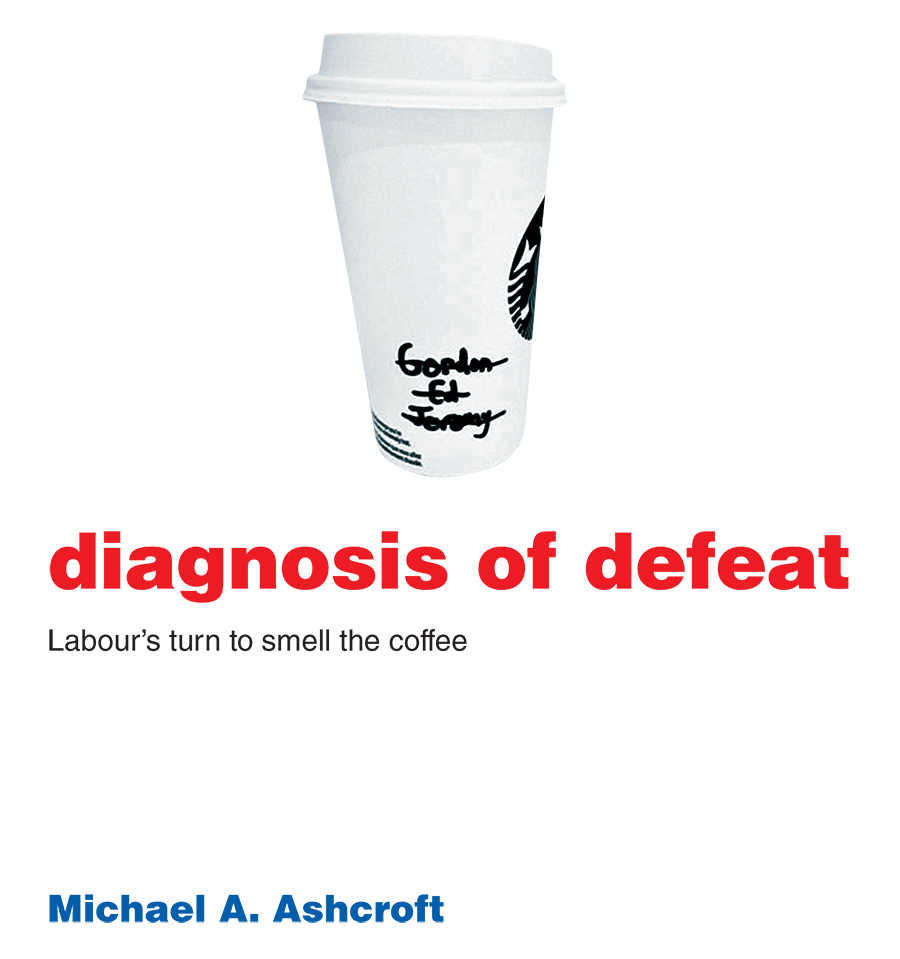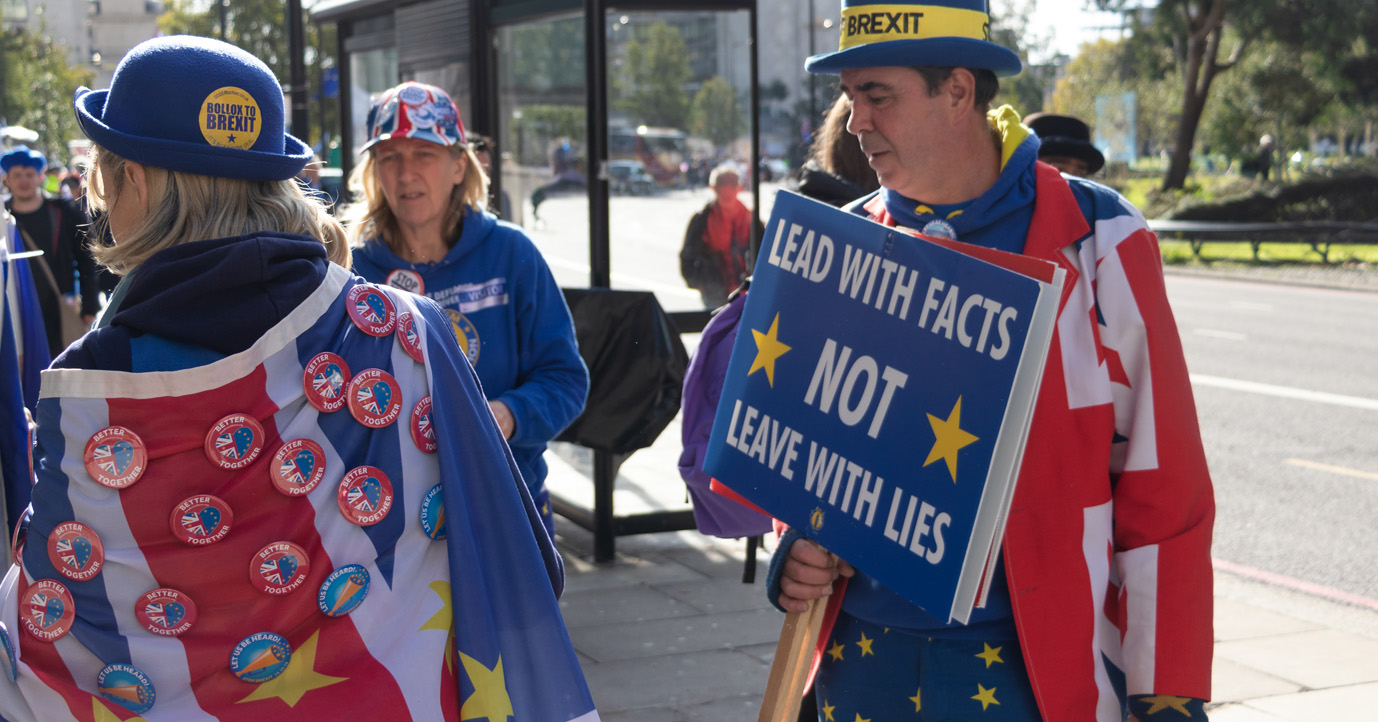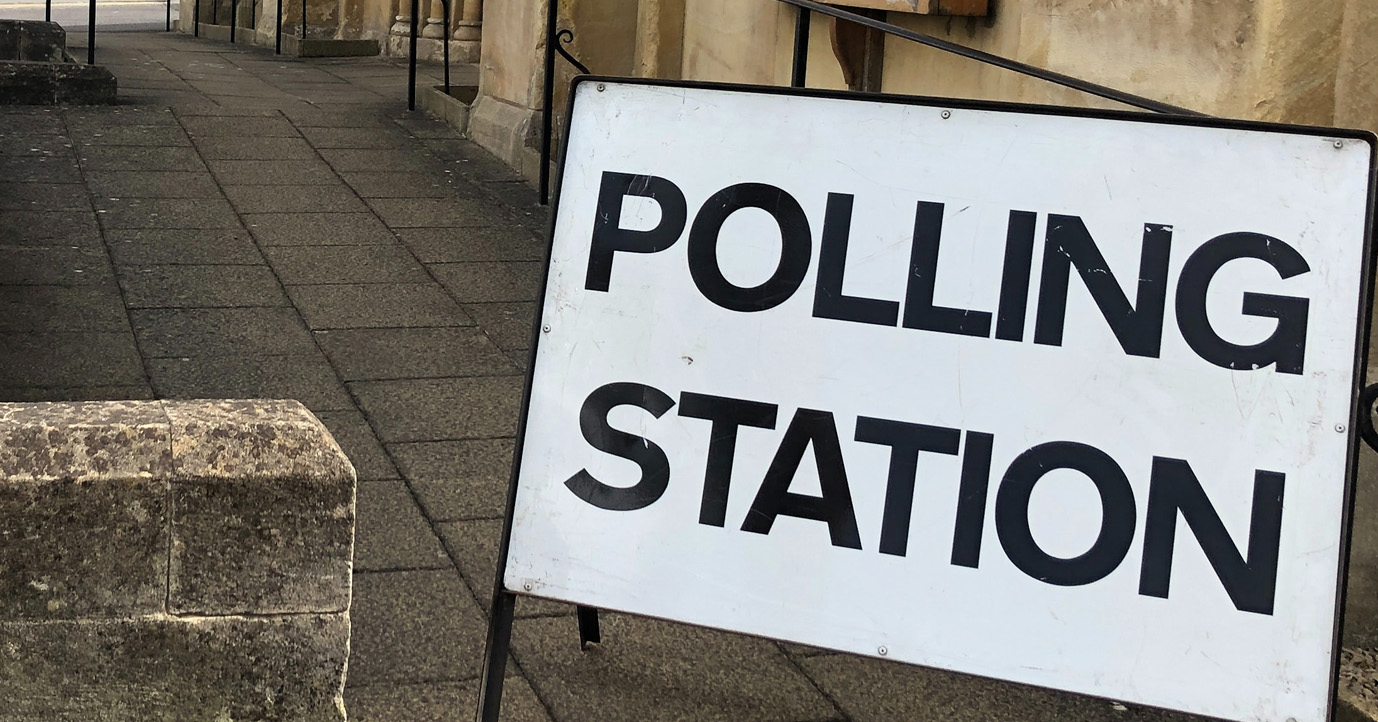
My general election focus groups this week take us to Scotland, and three seats the SNP are hoping to regain after losing them in 2017: Aberdeen South and East Renfrewshire, both won by the Conservatives two years ago, and Glasgow North East, now one of Labour’s seven constituencies north of the border.
Fairy godmother
Of the manifestos launched in the days before this week’s groups, it was Labour’s that had made the biggest impression on our undecided voters. Whether they had voted Conservative, Labour, SNP or Lib Dem in 2017, their general view was decidedly sceptical: “Corbyn’s £80 billion reminded me of the £350 million on the side of the bus. It worries me that a large proportion of the population will believe it;” “If you combed your way through all the manifestos you could drive a bus through all of them. But the Labour one is astonishing; I’ve never seen anything like it. It’s back to the 1970s, which was power cuts, you name it. I remember it, I know where that sort of nonsense takes you;” “‘Let’s tax people who have got a good job’. It drives me mad;” “Free internet. I laughed at that one and moved on;” “I’m one of those Waspi ladies. They say we’ll get compensation, which would be delightful.” Do you believe it? “No, I don’t believe it. Where are they going to get the money from?” “It’s like a fairy godmother giving you three wishes.”
Labour’s Brexit policy had one defender in the groups (“he’s not going to impose his view on the nation”), but many were bemused or frustrated by it: “He says he’ll stay neutral over Brexit. But you’re the leader of the party, we want to know what your view is;” “He’s sat on the fence. Which way would he drive the country?” “I think he’s not being honest. He’s either remain or leave but he won’t say.”
Though several were still actively considering voting Labour, Jeremy Corbyn hardly inspired enthusiasm: “Does he want to be PM, really? It’s small issues he deals with. The big issues, he ducks and dives. He likes his protests;” “He doesn’t come across very well. He just dodges questions. I find him quite a strange man;” “I think he’s a bit of a surrender monkey. He doesn’t support the nuclear deterrent, he’s been pictured hanging about with IRA representatives;” “If Labour had another leader, a capable individual, Labour would steamroller this;” “I think I’d rather have Trump. Trump? I mean Johnson.”
‘The impossible or the unacceptable’
Most of our 2017 Conservatives in Aberdeen and East Renfrewshire had voted against both Brexit and Scottish independence. Given the SNP’s price for supporting a minority Labour government in Westminster, this meant that, for many, this election would partly come down a decision as to which constitutional upheaval would be worse: “whether we go for the impossible or the unacceptable. For most of them, the answer was clear: “I voted to remain but we’re a democratic society, so I’m quite happy to leave;” “It’s independence for me. I will vote Conservative really reluctantly to prevent another seat falling to Nicola Sturgeon and probably indyref two. Boris Johnson has said he won’t give her that, and that makes me happy.” The prospect of Jeremy Corbyn entering Number Ten also helped to concentrate minds (“he’s dangerous”), as did the immediate choice at hand: “None of us is saying Boris is a great guy, but round here it’s Conservative or SNP, and I can’t have the SNP.” There were some dissenters from this view among former Tories: “I still want to stay in the EU, so I’m undecided. I voted Conservative last time, but Labour and the Lib Dems want to stay, and that’s important to me because I think it’s a crying shame about leaving Europe.”
By the same token, our pro-remain former Labour unionists had a similar dilemma – given their reluctance to vote Lib Dem, whether to vote to frustrate Brexit and pave the way for a second independence referendum. For most (again not all) in this group, Europe was the priority: “I’d vote to leave the UK if that was the way of staying in the EU;” “My head’s been everywhere on this, but in this election I’m going to vote to try and stay in the EU. And if Brexit goes ahead, we’ll have to vote for the party that will take us out of the UK;” “I’ve got family in England, so being in a separate country doesn’t fill me with any joy. But I think staying in Europe is so important because of what that brings;” “If we’re an independent country, other options will be available. But if we stay in the UK and get Brexit done, what guarantee do we have that the UK government would look after us?” Some felt this meant there was little to choose between Labour and the SNP in December: “In this election, in this seat, I don’t think it matters which. Some kind of coalition between the two might be the best outcome for Scotland;” “The SNP only have one thing, they don’t care about anything else. Labour has other things, whether or not we can afford them.”
‘Run for the hills’
A number of participants had seen some of Corbyn’s interview with Andrew Neil, and several more had become aware of it since. “I saw Corbyn eviscerated last night;” “He was asked four times to apologise for antisemitism and four times he decided not to. He could just have apologised and said ‘we’re going to root it out’;” “He thought he could answer every question by stating a moral imperative;” “It was worse than Prince Andrew;” “I don’t know if Boris is committed. If I were him, I’d run for the hills.”
Nicola Sturgeon was thought to have fared little better: “I know Andrew Neil is a hard interviewer, but she came across like a rabbit in the headlights. She was very uncomfortable with what she was being asked, and she didn’t convince me at all;” “Her opinions were clear but I don’t think she had the evidence to back them up;” “He tore her a new one;” “She was good on that other thing though, with… was it Fiona Bruce? I get my posh English birds mixed up.”
Dodgy deals
Jeremy Corbyn’s brandishing of a report that he claimed revealed secret Tory plans to privatise the NHS had clearly had an impact. If the actual evidence still seemed hazy at best, even some previous Conservative voters feared that the story might contain more than a grain of truth: “I’m a bit concerned about the NHS and the possibility of privatisation. I think the Tory party are considering selling, and that would be a disaster. Jeremy Corbyn says he’s got evidence to suggest that;” “Whether or not you think the Tories want to sell the NHS, it’s the fact that it’s Trump and he made his billions from dodgy deals, and the Tories are dealing with him;” “I worry about the NHS and medication, selling off the pharmaceutical side of things. You don’t actually know what’s true;” “It’s not only Corbyn who is suggesting it, other parties are too. There’s no smoke without fire.”
Boris and Ruth
There was no great fondness for the Prime Minister, even among 2017 Conservative voters. Though set on a clear direction, in contrast to Jeremy Corbyn, “he’s not the sort of person you can trust. He’s cheated on his wife, he’s a philanderer. I know that’s nothing to do with politics, but I wouldn’t trust him;” “He makes it a wee bit more difficult to vote Conservative because of the lies he’s told previously;” “I don’t think he represents us very well. He’s not supportive of Scotland. He’d get Brexit done but we’re some sort of side part to him;” “Why does he stutter so much? I think, ‘spit it out, man! And comb your hair’.”
The same themes were echoed more strongly by unionists Labour and Lib Dem voters: “When Theresa May was trying to get her deal through it was Boris who was blocking it. It’s a power thing, he’s just out to be Prime Minister;” “He gave public funds to his girlfriend when he was running the Greater London Council, he’s accused of sexual assault against women – he’s never come out and said he didn’t do that;” “He’s like someone trying to gauge where he should stand and where he has to be to get into power. He’s not interested in anything except Boris making history;” “If that man represents Britain, I feel much less likely to want to be British. Having him down there makes me want to detach myself from that.”
Ruth Davidson’s departure was felt to be a big blow to the Tories in Scotland. “Her absence makes it more difficult for me. No party really represents me but I had an awful lot of time for her. But she’s disappeared from the scene, so we’re just left with that buffoon;” “She humanised them;” “I felt like she was a buffer between the more extreme elements of the Conservative Party. When Johnson came in, she thought ‘this is not what I’m about’.”
Bagpipes in her head
Nicola Sturgeon had some critics (“she’s starting to grate on me. She’s too pushy”) but the view among voters of all parties was generally positive: “She’s determined and good at what she does, I just disagree with everything she says and stands for;” “She’s trustworthy and passionate about her cause. But I voted Labour because I don’t want independence;” “She was the only one who came out of the Brexit vote with any class. She was the first to assure EU nationals that they were welcome here, when everyone else was all over the place.”
There was some respect for the way the SNP “make a nuisance of themselves” in British politics: “It’s the SNP who will probably get the most done for Scotland, it’s just unfortunate that their two biggest agendas are independence and Trident.” Some felt this single focus was to the detriment of other things that should be on the agenda: “She’s very good at talking up the country, but Police Scotland is a shambles;” “Independence is her only goal. The SNP represent some of the most deprived places in Scotland, but she’s doing nothing else;” “In her mind she just thinks ‘Freedom!’ She has the bagpipes playing in her head all the time;” Some also felt that the party and the independence movement had an edge that they found off-putting: “They had a rally in George Square the other week and the level of hate was unbelievable. I had to really hold my nose to vote Conservative last time, but I don’t take kindly to being called evil Tory scum.”
‘A poor man’s Tory’
A few of our pro-remain participants were strongly attracted to the Lib Dems’ pledge to revoke Article 50: “They’re saying no Brexit. Beyond that, I don’t really care. No Brexit’s enough.” But this was by no means universal: “As much as I don’t want Brexit, and I really don’t want it, I’m a big believer in democracy and if people voted for it, they kind of need to deliver on it;” “Scrapping it altogether scares me. If they do that, half the country will be up in arms.”
Beyond this, we heard the familiar doubts about the party (“they don’t have much of a voice in Scotland so I fear it would be wasted. If we had PR it would be a different world;” “I voted for Nick Clegg, but he got absolutely battered by the Conservatives and there was no free education. They’ll end up partnered with someone else and roll over again;” “A Lib Dem is a poor man’s Tory;” “They’ve only got one other policy – marijuana!”) The more formed people’s views of Jo Swinson were, the more negative they tended to be: “She comes across all right. She’s very new. There’s not a lot of dirt on her like there is on everyone else. She’s just kind of there, you know?” “It’s as though she’s thinking, ‘how did I get here? I can’t believe I’m in this position’;” “The few times I’ve heard her speak, it’s a bit cringey. Sometimes she’s a bit naïve in what she’s saying and sometimes it’s a bit like watching paint dry;” “A nice person but not a leader;” “Her accent drives me crazy. I can’t listen to her;” “I saw a student heckling her about student grants and she didn’t know how to respond. She was flummoxed;” “I thought she was terrible on the TV debate the other night. I mean, diabolical. As a woman, I find myself saying to the TV ‘lower your voice, bring it down a bit – you’re sounding too naggy and hectoring and schoolmarmish’.”
And finally…
If the SNP were a house, what sort of house would it be? “Detached!” Yes, yes, very good. What else? “Something grand with turrets. They like all that history. Chocolate box Scotland;” “I think it would be more middle of the road, quite basic and practical;” “It would cost eight times what it was supposed to cost;” “They’d actually have two houses – a council house in Glasgow and a big country house in the north east of Scotland.” What would be inside? “Tweed and tartan. Tartan wallpaper. It would be over-elaborate and in bad taste;” “Pictures of William Wallace, Robert Burns, Robert the Bruce. Whisky and stags’ heads;” “Saltires draped everywhere. Saltire duvet covers.” Who would live there? “Normal working-class people;” “Noisy neighbours. I always thought people who voted SNP seemed so angry;” “The cast of River City;” “Jimmy Krankie;” “The traditional Scotsman who hates the English and says ‘see you Jimmy’ and all that. The type you’d get at Scottish football matches;” “Young and old, but no-one in between. A lot of my friends are SNP but interestingly none of them have kids. They can afford it.”
How about the Labour house? “Dodgy foundations;” “It would be like something from the 1970s. Exactly like Jeremy Corbyn’s house that you see on the news;” “A Del Boy kind of place, like Nelson Mandela House;” “Quite like the SNP one. Just a normal house, a red-brick terrace, but the wallpaper would be different.” Where is it? “In a hipster place.” What’s it like inside? “A shambles. An absolute shambles;” “Arty, studenty. Pictures of Che Guevara on the walls;” “Palestinian flags and Ban the Bomb stickers;” “Second-hand furniture, mismatched. Upcycling;” “Tired, scraggy, old. Not clean. Artex everywhere;” “There would be a black and white TV. One of the old rental ones where you have to put a pound in it.” Who lives there? “Students or older campaigny-type people;” “Ex-hippies. A Carole King album and a joint;” “There would be loads of ASBOs because they don’t like anything their neighbours do. They don’t know what they want, but whatever their neighbours do, they don’t want that.”
And the Tory house? “A big f***-off castle;” “A mock-Tudor mansion;” “You wouldn’t see it from the road. It would have electric gates and a man at the door;” “You’d punt down the river to the back garden.” Inside? “Plush;” “Dated but tasteful;” “Old-fashioned stuff, not comfy-cosy;” “Chesterfield sofa. Suits of armour.” Inhabited by? “The laird. And a couple of Labradors;” “Ladies in scarves and men dressed in suits. Nobody’s got good haircuts.”
What about the Lib Dem residence? “One of those pre-fabs;” “Trees everywhere. A compost toilet. A wind farm in the garden;” “Like a house in Brookside. If you have to live there, OK, but it’s not where you’d aspire to live;” “Confused. Tatty furniture. Nothing that matches, just whatever they’ve got.” Who lives there? “A polygamous couple. Or a cult;” “The kind of people who protest in London;” “Jo Swinson and five cats;” “It would be like Hansel and Gretel. It looks OK but she would take you inside and bake you into gingerbread.”


